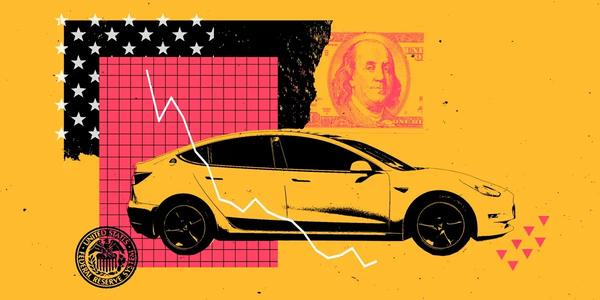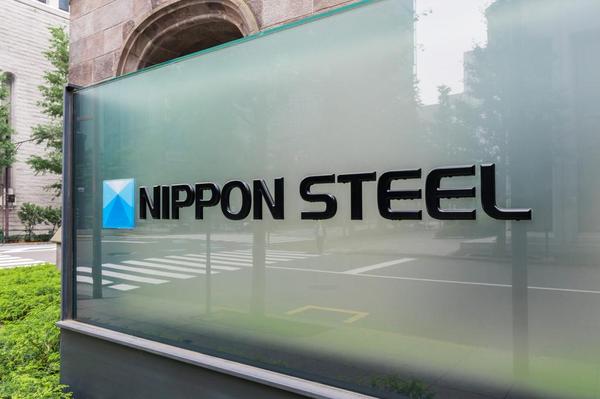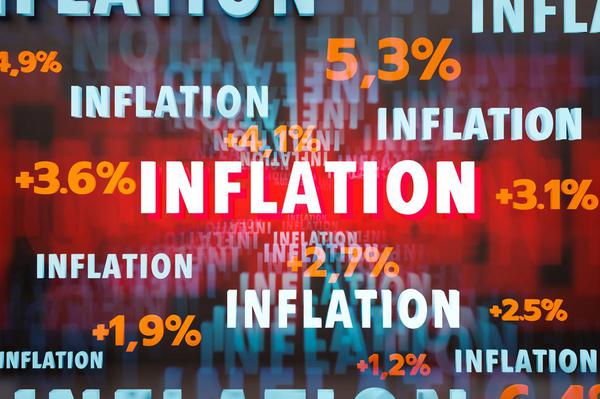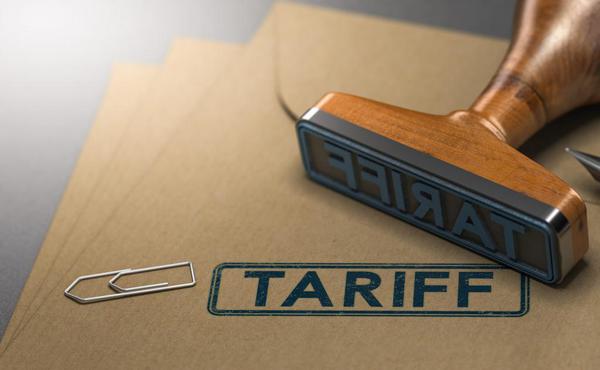
U.S. EV Sales Sluggishness - a Blip or Cause for Concern
In February, Rivian announced it would be cutting 10% of its workforce, prompting Tesla CEO, Elon Musk, to opine over X that the company would go bankrupt in roughly 6 quarters at the current trajectory. Musk then added, for good measure, “They need to cut costs massively, and the exec teams need to live in the factory or they will die.”
Although Tesla aims to begin producing a more affordable model, Musk also warned his investors that 2024 Tesla EV sales are likely to be “notably lower.” Tesla reported quarterly revenue of $25.17 billion, falling short of analyst estimates of $25.64 billion.

















